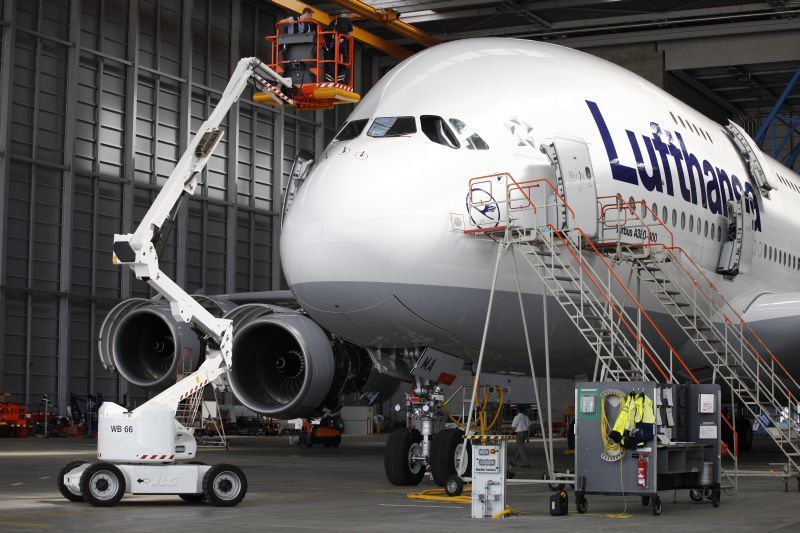The much-heralded big data revolution in the Maintenance, Repair and Overhaul (MRO) sector is under way, but at a more gradual pace than some observers had predicted. That is one of the main findings of Oliver Wyman’s newly released 2016 MRO Survey.
The latest aircraft designs now entering fleets are equipped with technologies that can deliver unprecedented collection and transmission of data at the system and part level. By Oliver Wyman estimates, the global fleet could generate upwards of 98 million terabytes of data by 2026 — a surge of data which, in the hands of a new breed of data scientists and innovative management teams, could lead to major changes in how modern aircraft are cared for and perform.
The survey examines how operators, MROs and OEMs are adopting, utilizing, and investing in big data capabilities – particularly relating to aircraft health monitoring (AHM) and predictive maintenance (PM) systems. According to survey respondents, big data in commercial aviation already has moved past the early adopter phase for some applications, with a majority reporting implementation of AHM and PM on at least a modest scale.
The survey also reveals that airlines and MROs are beginning to see the first tangible impacts of these initiatives: measurable gains in reliability and reduced maintenance costs, particularly on engines – where OEMs lead the industry in development and deployment of these technologies.
The survey findings do not, however, support the notion of an imminent big data revolution in aviation MRO. Several obstacles could slow the scaling of these technologies within individual operators and across the industry, suggesting evolutionary progress over the next several years. In particular, ongoing legacy IT system upgrades at several carriers, unresolved industry issues regarding data standards and ownership, and still unproven business cases are moderating the pace and depth of adoption.
With commercial aviation experiencing an up-cycle, the survey finds that many airlines are allocating resources to large-scale MRO and enterprise IT infrastructure projects once delayed due to unprofitability. However, lack of a common data standard is seen as an impediment to more rapid acceptance.
For MROs, rising global flying capacity is providing a reprieve from a forecasted maintenance down-cycle. This, Oliver Wyman concludes, may provide them with a limited window to invest in developing complementary services needed to maintain relevance, as data proliferation enables a gradual shift from diagnostic to prognostic maintenance.

